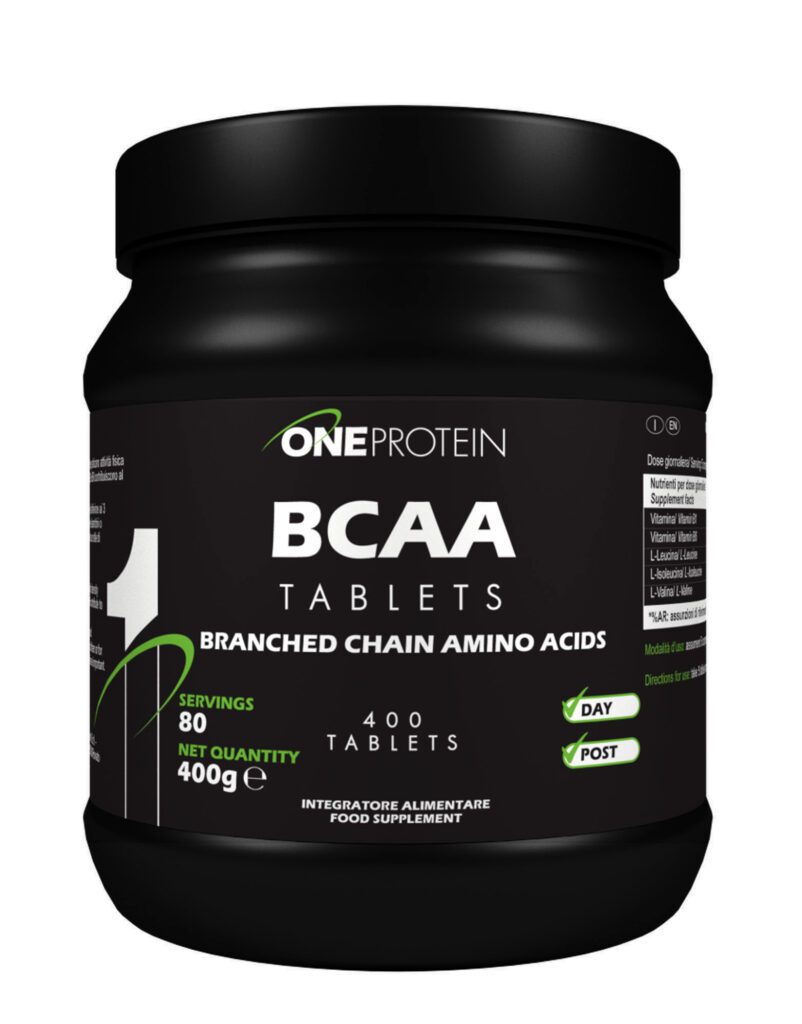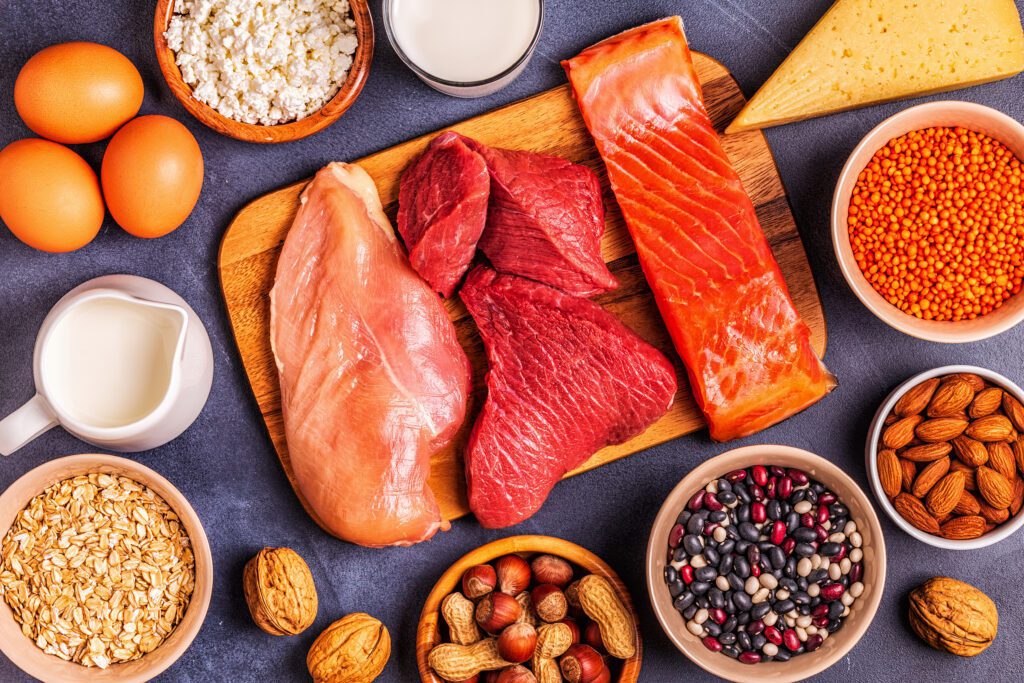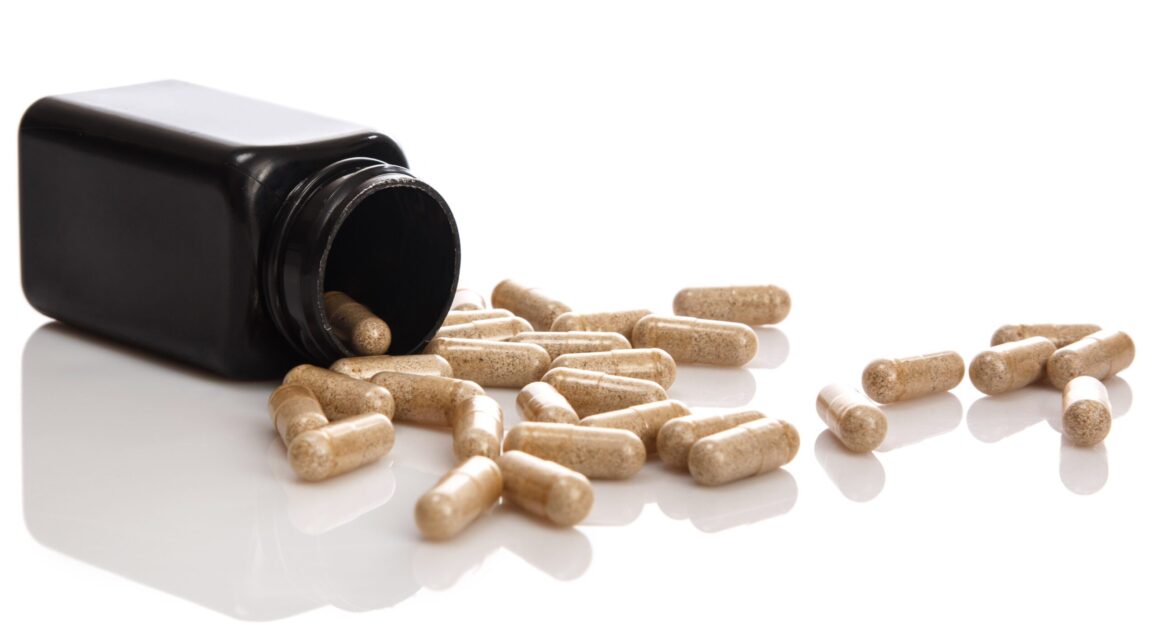⚠️ Medical Disclaimer
Important: This content is for informational and educational purposes only. It should not be used as a substitute for professional medical advice, diagnosis, or treatment. Always consult with a qualified healthcare provider before making changes to your diet, taking supplements, or if you have questions about a medical condition. Never disregard professional medical advice or delay seeking it because of information you read here.
Last Updated on February 2, 2024 by Grace Oluchi
BCAAs, or branched-chain amino acids, have gained popularity in the world of sports nutrition as a supplement that can enhance exercise performance, promote muscle growth, and aid in recovery. With their unique properties and benefits, BCAAs have become a staple supplement for athletes and fitness enthusiasts looking to optimize their training and nutrition. In this topic, we will explore the five proven benefits of BCAAs, including how they can improve exercise performance, aid in muscle building and repair, promote weight loss, and enhance overall health and wellness.
What are BCAAs?
Branched-chain amino acids (BCAAs) are a group of three essential amino acids, namely leucine, isoleucine, and valine, that are found in protein-rich foods such as meat, eggs, and dairy products. These amino acids are crucial for the maintenance and growth of muscle tissue, and they also play a role in various metabolic processes in the body.


Research has shown that they can help increase muscle growth, reduce soreness and fatigue, prevent muscle wasting, and promote liver health, making them popular among athletes and fitness enthusiasts. BCAAs are often consumed in the form of dietary supplements, which are available in powder or capsule form.
While BCAAs are generally safe for healthy individuals when consumed in recommended doses, excessive intake of these amino acids may lead to adverse effects such as nausea, headache, and fatigue. Therefore, it is important to consult a healthcare provider before taking any BCAA supplements, especially if you have any underlying medical conditions or are taking medication.
5 Proven Benefits of BCAAs.


Here are 5 benefits and an explanation of each.
- Promotes muscle growth: they stimulate muscle protein synthesis, which is the process by which cells build new proteins. This is important for muscle growth and repair, especially after exercise. In addition, leucine, one of them, has shown to be particularly effective at promoting muscle protein synthesis.
- Reduces muscle soreness and fatigue: Exercise-induced muscle damage can cause soreness and fatigue, which can impair performance and delay recovery. They have shown to reduce muscle damage and soreness, as well as improve endurance performance in athletes.
- Prevents muscle wasting: During periods of calorie restriction, when dieting or in certain medical conditions, the body breaks down muscle tissue for energy. Then have shown to prevent muscle wasting by stimulating muscle protein synthesis and reducing muscle breakdown.
- Promotes liver health: BCAAs reabsorbs in the liver and helps improve liver function in people with liver disease. In particular, they have shown to reduce the risk of developing hepatic encephalopathy, a serious complication of liver disease.
- Reduces fatigue during exercise: reduces the perception of fatigue during exercise, which help athletes perform better and for longer periods. This is due to the fact that BCAAs can compete with tryptophan, for entry into the brain.
BCAAs have shown to provide several benefits for athletes and people looking to improve their muscle mass and exercise performance. These benefits include promoting muscle growth, reducing muscle soreness and fatigue, preventing muscle wasting and reducing fatigue during exercise. However, it is important to consume BCAAs in recommended doses and to consult a doctor before taking any supplements, especially if you have any medical conditions or are taking medication.
Foods High in BCAAs.
There are several foods that are high in BCAAs. Here are some examples:
- Meat: Beef, chicken, and pork are all good sources of BCAAs. For example, a 3-ounce (85-gram) serving of beef contains about 4 grams of BCAAs.
- Fish: Tuna, salmon, and cod are all good sources of BCAAs. For example, a 3-ounce (85-gram) serving of tuna contains about 5 grams of BCAAs.
- Eggs: Eggs are a good source of BCAAs, with the majority of the amino acids found in the egg white. One large egg contains about 1 gram of BCAAs.
- Dairy products: Milk, cheese, and yogurt are all good sources of BCAAs. For example, a cup (245 grams) of milk contains about 2 grams of BCAAs.
- Legumes: Beans, lentils, and chickpeas are all good sources of BCAAs. For example, a cup (198 grams) of cooked lentils contains about 1 gram of BCAAs.


It is important to note that the amount of BCAAs in these foods can vary depending on the specific type of food and how it is prepared. For example, lean cuts of meat tend to have higher amounts of BCAAs than fatty cuts. In addition, some processing methods can reduce the BCAA content of foods, such as boiling or blanching vegetables.
If you are looking to increase your BCAA intake, you may also consider taking BCAA supplements, which are available in powder or capsule form. However, it is important to consult a healthcare provider before taking any supplements, especially if you have any underlying medical conditions or are taking medication.
The Key Takeaway.
There are several foods that are high in BCAAs, including meat, fish, eggs, dairy products, and legumes. Consuming these foods can help increase your BCAA intake and provide several health benefits, such as promoting muscle growth, reducing muscle soreness and fatigue, preventing muscle wasting, promoting liver health, and reducing fatigue during exercise. However, it is important to consume these foods in moderation and to consult a healthcare provider if you have any concerns or underlying medical conditions. Additionally, BCAA supplements are available, but it is important to use them under the guidance of a healthcare provider to ensure safety and effectiveness.
What are BCAAs and why are they important for muscle building?
BCAAs, or branched-chain amino acids, are a group of essential amino acids that include leucine, isoleucine, and valine. These amino acids play a crucial role in muscle building and repair by stimulating protein synthesis and reducing muscle breakdown.
Can BCAAs improve exercise performance?
Studies have shown that BCAAs can improve exercise performance by reducing fatigue, increasing endurance, and enhancing recovery.
Are BCAAs beneficial for weight loss?
They can be beneficial for weight loss as they can reduce appetite, increase metabolism, and promote fat burning.
Are BCAAs safe to consume?
They are generally safe to consume in recommended doses, but excessive consumption may cause side effects such as nausea, headaches, and diarrhea.
Should I take BCAAs before or after a workout?
The timing of BCAA consumption depends on your fitness goals and workout routine. Taking them before a workout can help increase energy and reduce fatigue, while taking them after a workout can help enhance recovery and muscle repair.

